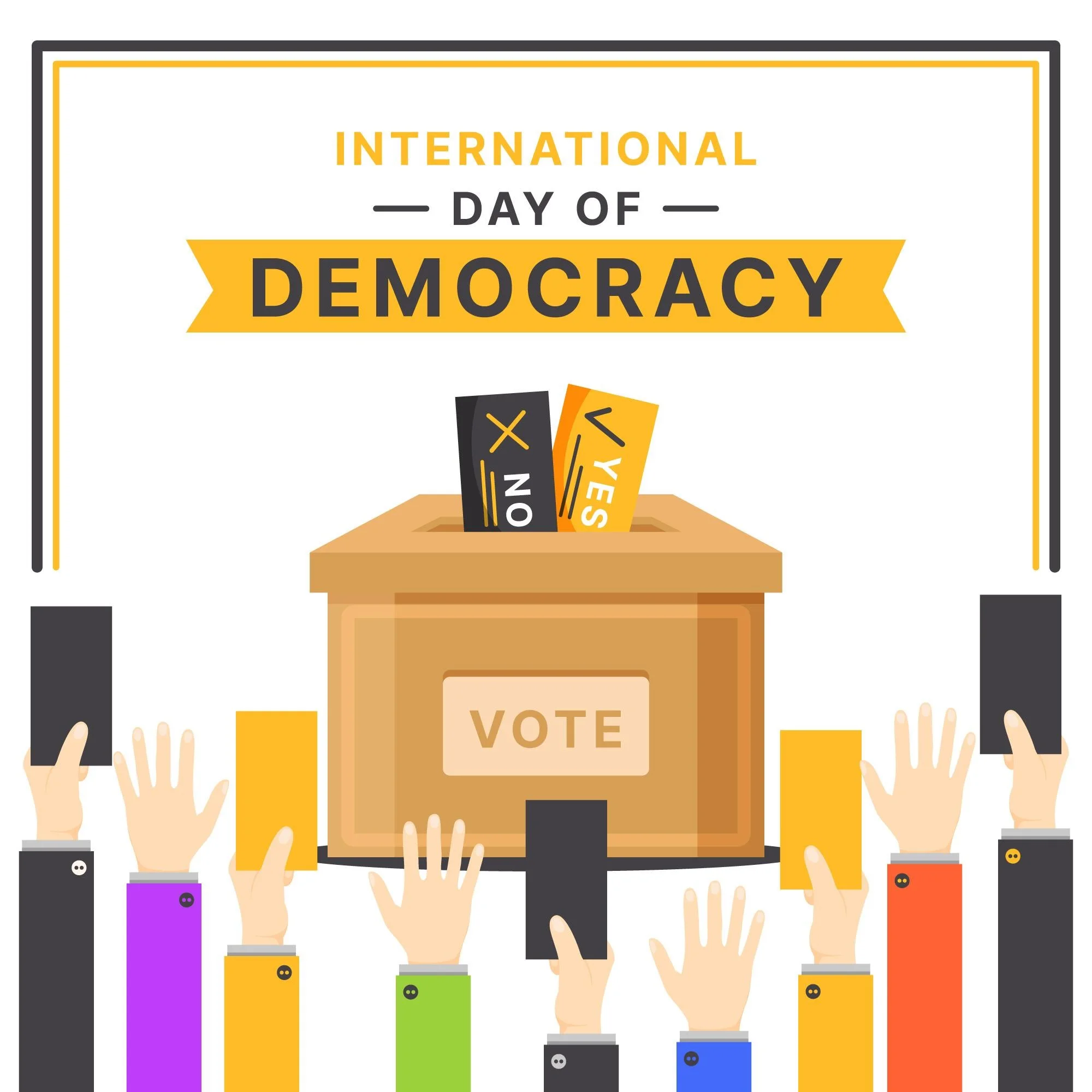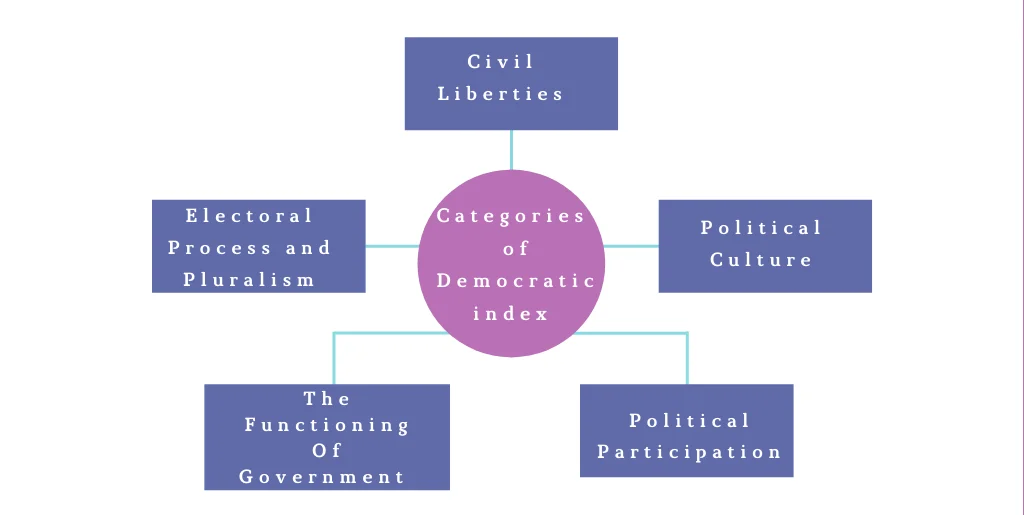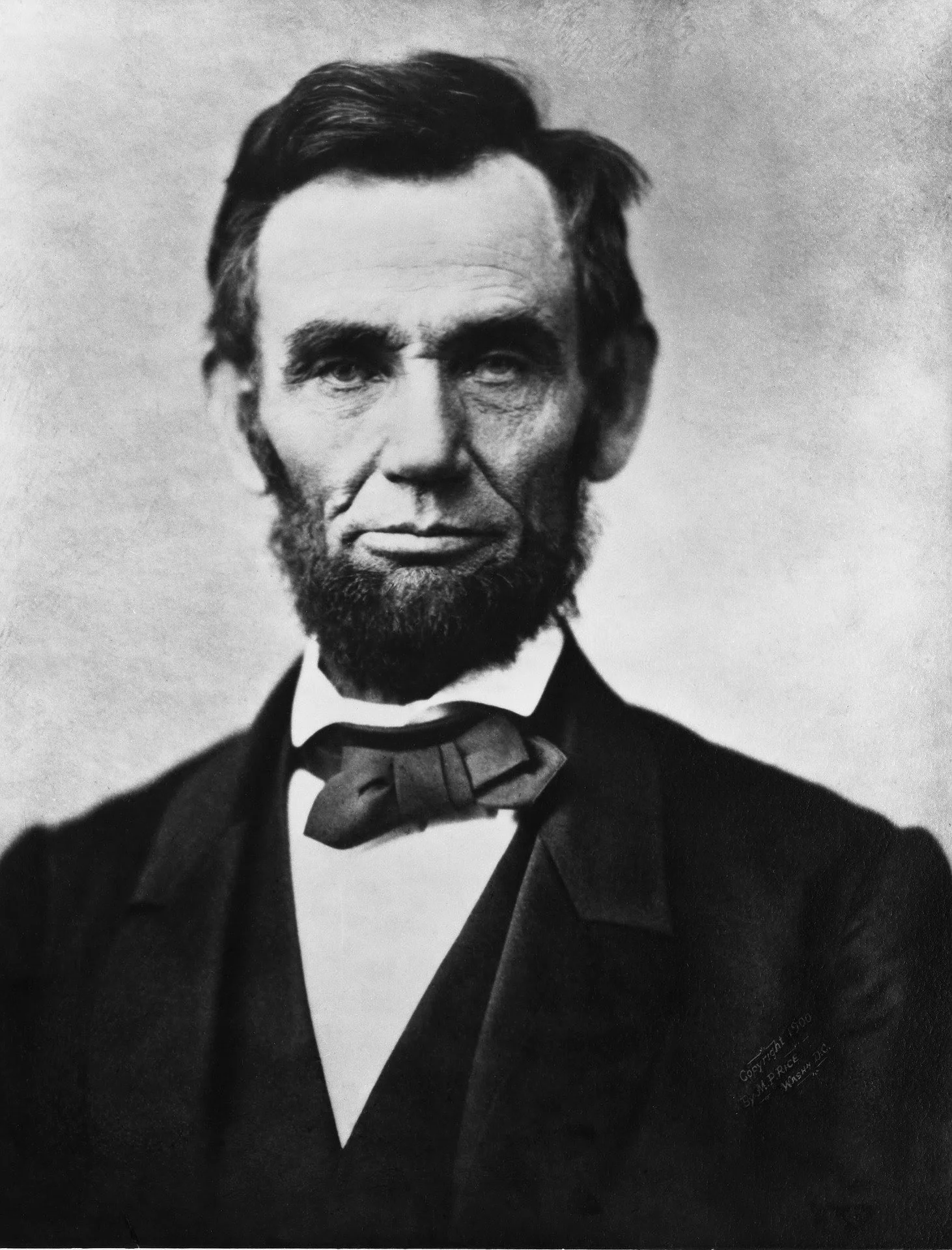

We have a database of over 11,000 colleges all over India.
Connect with us to find your perfect fit!
Blog
15 September,2021 | By Brainwonders

Every year on September 15, the United Nations and its member countries commemorate International Day of Democracy. This day prompts us to reflect on the state of democracy around the world.
On 15 September 2007, the United Nations General Assembly declared the International Day of Democracy in order to promote democratic principles. They also asked all member states and organisations to observe the day in a way that adds to public awareness.
Values of liberty and respect for human rights are all important parts of democracy.
Under democracy, human rights are protected under a natural environment. Democracy includes equal participation and equal treatment for everyone. Peace and sustainable development are also very important elements of democracy.
The International Day of Democracy provides an opportunity to review global issues such as human rights, equality, and conflict resolution. It's an opportunity to reflect on our own liberties while also remembering those who are less fortunate.
International Day of Democracy emphasises the importance of public participation in democracy, as well as encouraging and motivating people to work together for a more representative government.
Majorly five categories are taken into consideration while the democratic index score is counted. These categories are the following:

The following countries are the most democratic countries in the world.
| Country | Democratic Index |
| Norway | 9.87% |
| Iceland | 9.58% |
| Sweden | 9.39% |
| New Zealand | 9.26% |
| Finland | 9.25% |
The above countries are the top 5 countries that are considered to have the highest democratic index. While India is considered the largest democracy in the world, these 5 countries given above have the highest democratic index.
On International Day of Democracy, let us see how democracy is represented in the world.
In the past few years, the alarming stage of world democracy depicts the Global deterioration of democracy.
Recent issues related to basic human rights show a backsliding and facing substantial decreases in democracy.
Democracy backsliding is affecting electoral processes the most, followed by freedom of expression and human rights.
In 2020, as the world was ravaged by a deadly virus, economic and physical instability, and violent conflict, democracy's defenders suffered significant additional setbacks in their fight against authoritarian opponents, tipping the international balance in favour of tyranny.
The consequences of long-term democratic collapse have become increasingly global in scope, affecting both those living under the most brutal dictatorships and inhabitants of long-established democracies. Last year, about 75% of the world's population resided in a country that was deteriorating. As a result of the continued decline, allegations of democracy's intrinsic weakness have surfaced.
We must remember the importance and efficacy of involvement. Governments must ensure that citizens have the opportunity to participate in meaningful ways.
Visit Page: Online Career Counselling & Career Guidance | Best Career Counsellors – Brainwonders
Much recent commentary has focused on how, after the creation of India's Constitution, the country struggles to strike a balance between the ethos of an industry-based economic "growth" that appears to foster inequity and the ethos of socialism aimed at achieving socio-economic equality among its citizens.
If India might benefit from adopting certain components of direct democracy or the presidential system of government, it could be the subject of a public debate. It may be a source of concern for the correct individuals to seize an effective method of delinking politics and huge capital, as well as design effective strategies to combat corruption. What remains undeniable is that none of these or similar public-sector operations should be allowed to sabotage democratic processes or undermine democratic institutions.
There is every reason to suppose that a society as diverse as India's will see a perpetual tug-of-war between various groups, political parties, regions, and institutions, and that expecting India to become a Western-style liberal democracy right away if ever, is unrealistic. Given the country's huge popularity and legitimacy, India will likely continue to evolve in a manner that is both relatively democratic and relatively illiberal, based on political and social beliefs. India's democracy and constitutional order, on the other hand, will continue to be strong and resilient.
...And on this International Day of Democracy, we urge you all to stand for the rights of people as the famous phrase of Abraham Lincoln -

“Democracy is of the people, for the people, by the people.”
Fill the form to know how!

